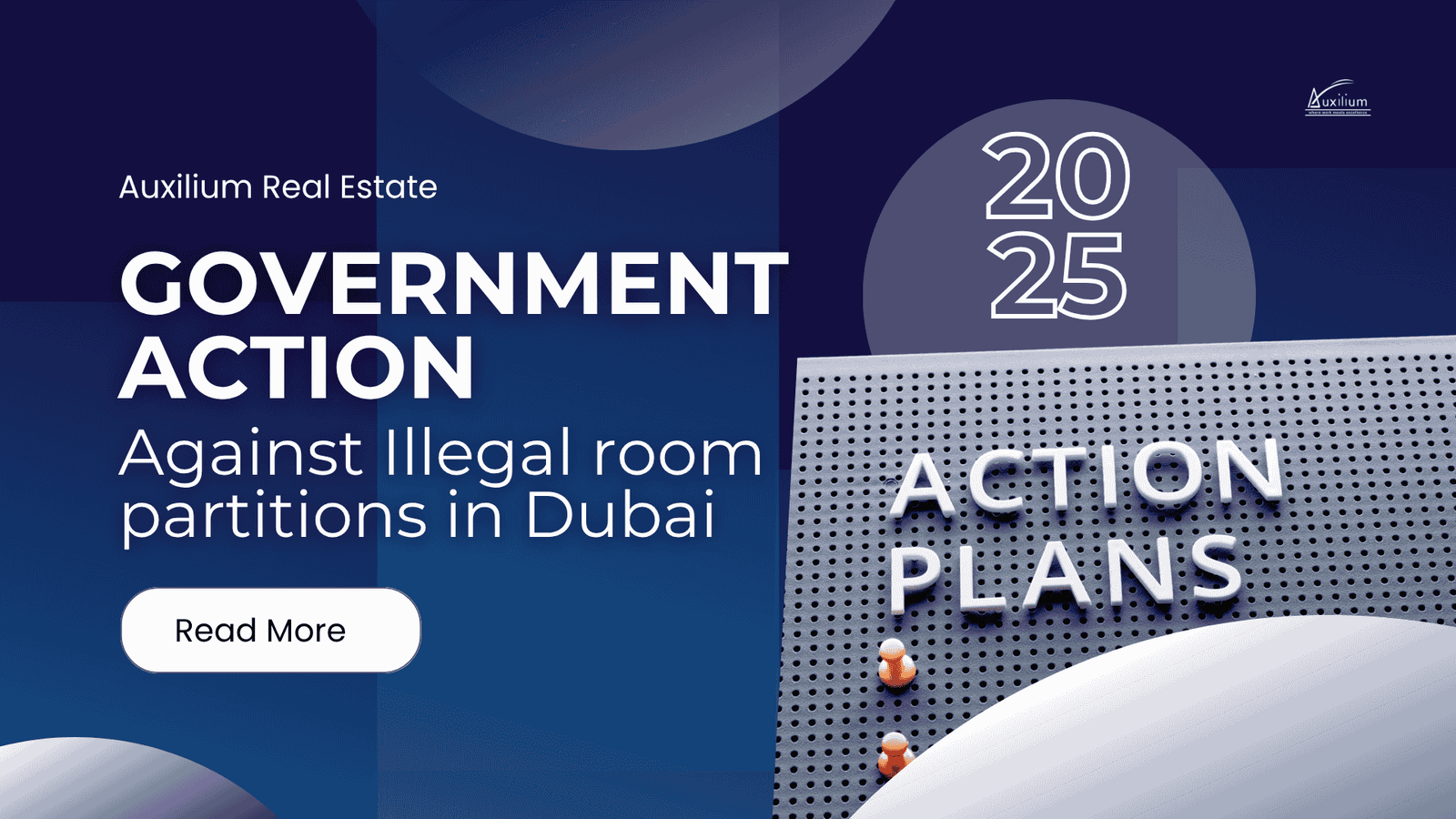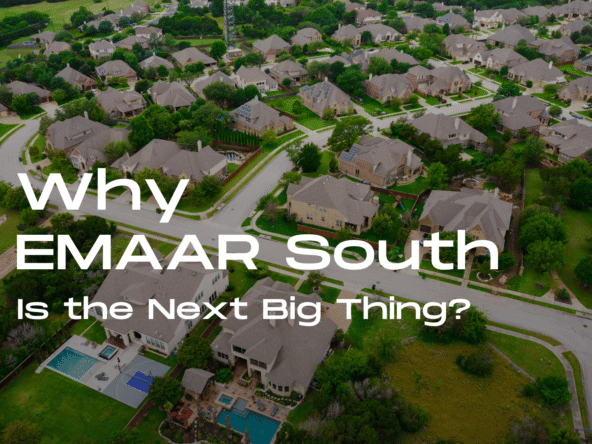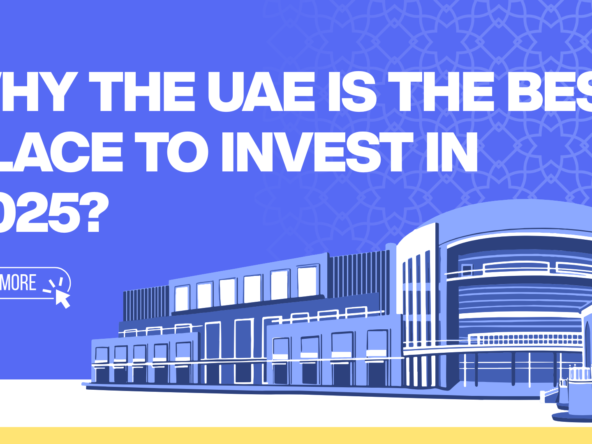Overpopulated areas of Dubai, such as Deira, Al Riqqa, Al Satwa, Al Barsha, and Al Raffa, are witnessing a rise in illegal construction activities, particularly unauthorized partitions and modifications within residential buildings. These practices pose serious safety risks to residents. In the event of an emergency, such as a fire or structural failure, the consequences could be severe and widespread due to the high density of occupants. Illegally partitioned and overcrowded buildings significantly increase the risk of fires and can obstruct emergency evacuations, putting many lives in danger.
At first, these arrangements may have seemed beneficial for tenants, offering more affordable housing options. However, the government of Dubai prioritizes the safety and well-being of its residents and cannot compromise on that.
To address this growing concern, Dubai Municipality, in collaboration with the Dubai Land Department and General Directorate of Civil Defence, has launched a joint campaign of intensified inspections across key residential areas, including Al Rigga, Satwa, Al Barsha, and Al Raffa.
Dubai’s recent crackdown on homes with unapproved partitions underscores the increasing concern over the safety and legality of these unauthorized shared living arrangements.
Under Dubai Rental Laws No. 26 of 2007 and No. 33 of 2008 of the Dubai rental law, violations related to illegal shared accommodations can result in fines of up to Dh50,000 ($13,610).
In Dubai, making internal changes or adding partitions in a residential unit requires prior approval from the authorities, and both landlords and tenants are legally bound to follow this rule.
What is considered an unauthorized room partition?
As we are aware of the risks and consequences of illegal partitions, it’s important to clearly understand what a partition is and how it impacts safety. A partition involves dividing areas within a property—such as living rooms, balconies, or other unused spaces—using materials like wooden panels or non-fire-rated gypsum walls to accommodate more occupants. When these alterations are made without approval from Dubai Municipality, they are considered unauthorized. As a result, the property becomes illegal and poses significant safety hazards.
When unauthorised materials are used in a property—especially those that are not fire-resistant—they pose serious safety risks. Creating partitions with such materials is a major concern. In the event of an emergency, like a fire, these partitions can block emergency exits, making it difficult for people to evacuate safely. This creates a highly dangerous situation for all occupants.
Proactive steps property owners can take
Whether you’re a property owner, a tenant, or a concerned neighbor. This is not just a housing issue; it’s a matter of safety and security for everyone living in the community.
Even if the landlord gives verbal permission for extra occupants in the apartment, tenants must obtain written approval. If a landlord is found to be illegally sub-leasing the property despite the tenant having paid rent, the issue can be reported to Dubai Municipality.
Neighbors can also report unauthorized modifications, as it is a matter of community safety and well-being. If a tenant accommodates additional people in the apartment without the property owner’s knowledge or against their consent, the owner has the right to report to Dubai Municipality and file a case with the Rental Dispute Centre for eviction.
Why It Matters
Dubai Municipality emphasises that adhering to housing regulations is essential for public safety. Inspections—whether conducted randomly, triggered by complaints, or requested by building management—are carried out to ensure compliance with the updated guidelines issued in June of last year.


